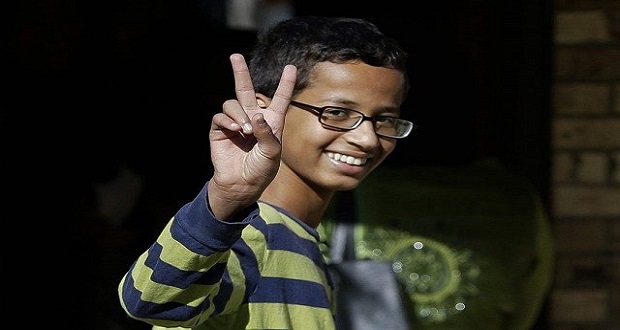
If you haven’t yet heard the news, Yale University has a new student body president. His name is Kahlil Greene, and he has made history by being the first African American to be elected as student body president at the prestigious university.
When I first read this news just over a week ago, my first response was elation. I thought to myself “Yes! That is amazing. Look at this young king leading!” I felt happiness for him and was proud of him, as if I had personally known him. The reality is, I do not know Kahlil, but I do know what it is like to be a young Black male with a desire to lead at a predominantly white institution and I can say: it poses substantial challenges. In this moment, I found myself reflecting on how powerful shared identity and a perceived shared experience could be. I was glad to see Kahlil succeed because, to me, he represents progress towards an equitable college environment.
I found myself reflecting on how powerful shared identity and a perceived shared experience could be. I was glad to see Kahlil succeed because, to me, he represents progress towards an equitable college environment. Click To TweetAs we know, change is often very slow and incremental. This is particularly true of change of the gravity we desire when we are pursuing genuine equity. There are countless systems and structures that have maintained a level of inequity for hundreds of years, and sometimes it feels as though these disparities in opportunity will never cease to exist. Accomplishments such as Kahlil’s, particularly in the younger generation, provide me with just a bit of optimism to push forward.
After my excitement subsided a bit, I felt conflicted as I considered the many other qualified Black men who have attended Yale prior to 2019. I dared to think that perhaps some of those individuals may have aspired to be student body president, but for them, this achievement did not become a reality. Greene mentioned in an interview with Fox5DC, “I think that we can be a more diverse and inclusive campus, and I’m grateful for the role that I’ll have in making that happen.” I wonder how many Black Yale students prior to Kahlil called for, or desired to call for, the same action. I would guess many.
It is 2019, and there remains an overabundance of “firsts” like Kahlil’s that have yet to be accomplished. It would be very simple—and fair—to question, or even become frustrated with the ‘why’ behind the delay in these “firsts.” Admittedly, I do at times. The challenge is to question “what ceilings have yet to be smashed and what doors have yet to be kicked down?” (Metaphorically speaking of course). I urge us all to ask ourselves: what else in this country has yet to be accomplished by an individual or group with an underrepresented identity? Once we have answered that question, I then challenge us to go out and make it happen, or support someone else in making it happen for themselves. This is one of the many ways in which we move forward and create change.
It is 2019, and there remains an overabundance of “firsts” like Kahlil’s that have yet to be accomplished. I urge us all to ask ourselves: what else in this country has yet to be accomplished by an individual or group with an… Click To TweetIn the news, we are plagued daily with identity-based tragedy, trauma, and conflict that individuals and groups are subjected to, both in this country and abroad. It is sickening and depressing at times. Yet, I still believe that moments such as Kahlil’s provide a glimpse into a powerful future. Although this progress may seem small in the grand scheme of things, it is notable progress indeed.


















